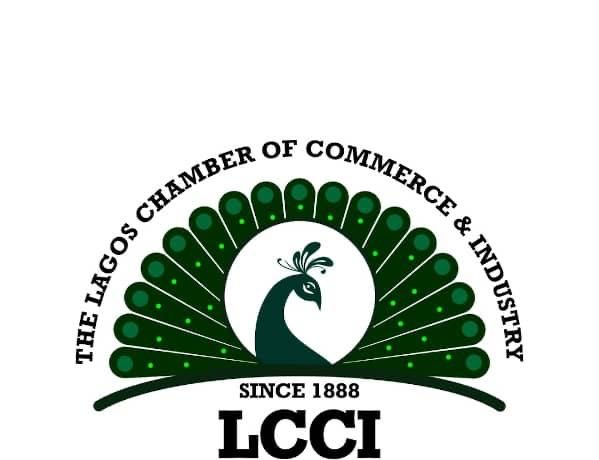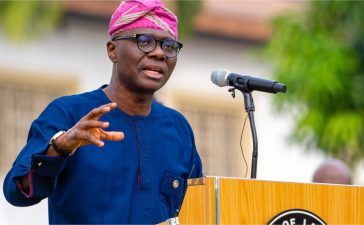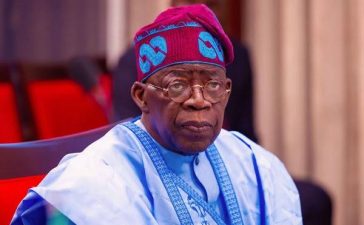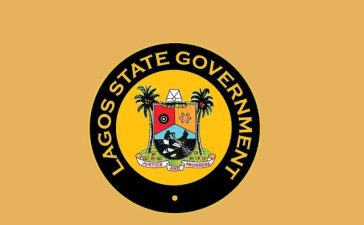The Lagos Chamber of Commerce and Industry (LCCI) has congratulated President Bola Ahmed Tinubu, GCFR, on the second anniversary of his administration, while acknowledging the significant macroeconomic reforms that have defined the past year.
In a statement issued by its Director-General, Dr. Chinyere Almona, FCA, the Chamber praised the administration’s efforts to correct long-standing structural distortions through bold policy actions such as fuel subsidy removal, exchange rate liberalization, and tax reforms.
“While these reforms have come with significant short-term socio-economic costs, they offer the potential for long-term macroeconomic stability and inclusive growth if implemented effectively and supported by strong institutional backing,” Almona stated.
Economic Performance and Outlook
The LCCI noted that Nigeria’s GDP grew by 3.4% in 2024, up from 2.74% in 2023, with the services sector contributing the largest share—over 57% of total output. However, challenges persist in the manufacturing and agriculture sectors due to insecurity, high production costs, and logistical inefficiencies.
Inflation remains a major concern, hitting 23.71% as of April 2025. The removal of the fuel subsidy and foreign exchange (FX) liberalization were cited as key drivers of rising food and transportation costs.
“The removal of fuel subsidy alone freed up an estimated $7.5 billion annually, but tripled fuel costs,” the Chamber said, noting that this has sharply increased business operating expenses, especially for logistics, retail, and agro-processing SMEs.
While FX reforms have brought greater transparency and helped stabilize the naira at around ₦1,600/$, businesses still face difficulties accessing forex for imports.
Rising Debt and Policy Concerns
Nigeria’s public debt rose to ₦144.67 trillion, with debt servicing consuming over 90% of federal revenues.
“The government must consider cheaper sources of debt and deploy borrowings into the real economy to subsidize production,” the LCCI advised.
The Chamber also raised concerns about weak policy coordination between fiscal and monetary authorities, which has contributed to persistent inflation and investor uncertainty.
“While monetary authorities target inflation, fiscal policy expands through borrowing and recurrent expenditure. This divergence has weakened the impact of economic interventions and eroded investor confidence,” Almona said.
Small Business Woes and Policy Recommendations
The LCCI underscored the continued struggles of small and medium-sized enterprises (SMEs), pointing to:
- High interest rates and poor access to credit
- Inconsistent power supply and soaring energy costs
- Multiple taxation and regulatory bottlenecks
- Forex scarcity and import restrictions
- Security threats disrupting operations
To address these challenges, the Chamber put forward the following recommendations:
- Enhance Policy Coordination among the Central Bank, Ministry of Finance, and development banks.
- Strengthen Ease of Doing Business, streamline taxes, and expand digital services.
- Scale Up SME Support through concessionary loans and well-funded development banks.
- Improve Infrastructure, especially off-grid energy for industrial zones.
- Expand Social Safety Nets and link them with digital ID systems.
- Promote Local Content, provide tax incentives, and support backward integration.
- Sustain Forex Market Reforms, ensuring transparency and liquidity.
- Deepen Stakeholder Engagement to build inclusive economic policies.
A Pivotal Moment for Nigeria
As the Tinubu administration enters its third year, the LCCI says the country stands at a turning point.
“The second anniversary of the Tinubu administration is both a moment of reflection and a call to action,” Almona said. “Nigeria stands at a pivotal juncture where the right mix of policy coherence, institutional reforms, and stakeholder collaboration can unlock the nation’s vast economic potential.”







